More Isn’t Always Better.
By Dr. Jason Gonzales, Chico Upper Cervical Chiropractor
It’s easy to assume that the path to better health is about doing more.
More research.
More supplements.
More appointments.
More exercises.
More effort.
But what if that assumption is actually getting in the way?
I’m Dr. Jason Gonzales and at my practice in Chico one of the biggest mindset shifts I help patients make is learning when less is actually more. Because a lot of people who walk into my office aren’t unmotivated or uninformed. In fact, they’re usually doing everything they can to get better and they’re exhausted from it.
They’ve added multiple medications. They’ve stacked on the supplements. They’ve seen every specialist, tried every therapy, and still feel stuck. That’s when I gently invite them to consider something different: maybe their body isn’t waiting for one more thing to be added. Maybe it’s waiting for things to be taken away.
Modern health culture glorifies “more” … more interventions, more data, more tracking. But your body isn’t a machine that can be hacked into perfection. It’s a living system that already knows how to heal, if we can just stop overwhelming it.
Sometimes, the most powerful thing you can do for your health is remove the noise.
Now let’s talk about what that looks like in real life because I’ve experienced this firsthand, both in my own body and in my work with patients every day.
I’ve seen the limits of “more is better” firsthand. Years ago, when I was racing bikes at a high level, I trained constantly. I pushed for more hours, more miles, more intensity. I was convinced it would make me better. But in hindsight, I wasn’t thriving. I was overtrained and plateaued. I didn’t need more time on the bike, I needed more rest and more recovery. I had to learn that the hard way.
I see that same mentality show up in my patients all the time. People come in with long lists of supplements, prescriptions, lab tests, protocols, and interventions they’ve tried. They’re not lazy. They’re not uninformed. They’re actually working really hard. But they’re working harder, not smarter. They’re chasing health through addition, when what their body really needs is subtraction.
If someone is on five or six supplements and more than a few medications, I know this person has probably internalized the idea that more is better. And it’s rarely, if ever, true. The body doesn’t need more interference, it needs less. Less micromanagement. Less pressure. Less panic. What it actually needs is space to heal.
That healing space comes through slowing down. Through rest. Through stillness. Through nourishment and connection, not through another bottle, another gadget, or another “fix.”
Even the good things can pile up and become stressors. I talk with patients who are overwhelmed by their own to-do lists, even when the list is full of good things. Go to the gym. Pick up groceries. Volunteer. Meet a friend for coffee. Meditate. Catch up on podcasts. Walk the dog. Watch that show everyone’s talking about. Every one of those things is fine on its own. But when the list is long, even the “good stuff” becomes an obligation. And your body knows the difference between doing something because you want to and doing something because you have to.
That sense of obligation is a sneaky source of stress. We’re not meant to run from task to task all day, even if we’re smiling while doing it. We need moments of stillness. We need time where doing nothing is enough. We need to wake up without immediately feeling like we’re behind.
There’s a line I share with patients all the time: the fastest way to heal is not connected to how many adjustments you receive, or how quickly we deliver them. In fact, it’s the opposite. The patients who heal the fastest are the ones who get fewer adjustments, spaced out over longer periods. Why? Because when we make the right adjustment at the right time, it helps reset the nervous system. And the longer the body stays in that healing state, the more progress it can make. The goal isn’t constant intervention. The goal is creating conditions where intervention becomes less necessary.
I use a gardening analogy to explain it. A master gardener knows a plant needs good sunlight, water, soil, and maybe a little fertilizer. But they also know they can’t blast the plant with sunlight 24 hours a day, or drown it in water, or dump fertilizer on it nonstop. Too much of a good thing is still too much. The same goes for your body. Health is about the right things, in the right amount, at the right time.
Our culture doesn’t make this easy. We’re bombarded with hustle messaging. Be productive. Rise and grind. Build your brand. Get the side hustle. Buy more stuff. Earn more money so you can buy even more stuff. We treat busyness like a badge of honor, and rest like a weakness. But deep down, we know none of that brings lasting fulfillment. If you were given six months to live, you wouldn’t spend it shopping for a better mattress or trying a new supplement stack. You’d want deep conversations, honest connection, walks outside, laughter with people you love. You’d want to be, not perform.
So here’s a simple reflection: if no one ever found out what you did today, would you still want to do it all?
Would you still grind through the same to-do list? Or would you take a nap, go for a walk, and read something that feeds your soul?
If you’d choose rest and reconnection over activity and checking boxes, then maybe the life you’re building isn’t aligned with the life your body needs. And that’s okay. That’s fixable. That’s the good news.
This isn’t about laziness or giving up. It’s about realignment. About choosing fewer things, done better and with more presence. About chasing depth instead of quantity. Because the body heals best when it feels safe, not when it’s forced into submission.
So maybe the next step in your healing journey isn’t more effort or more intervention. Maybe it’s just more time, more stillness, and more trust.
More is not always better.
Sometimes, less is exactly what your body’s been waiting for.

